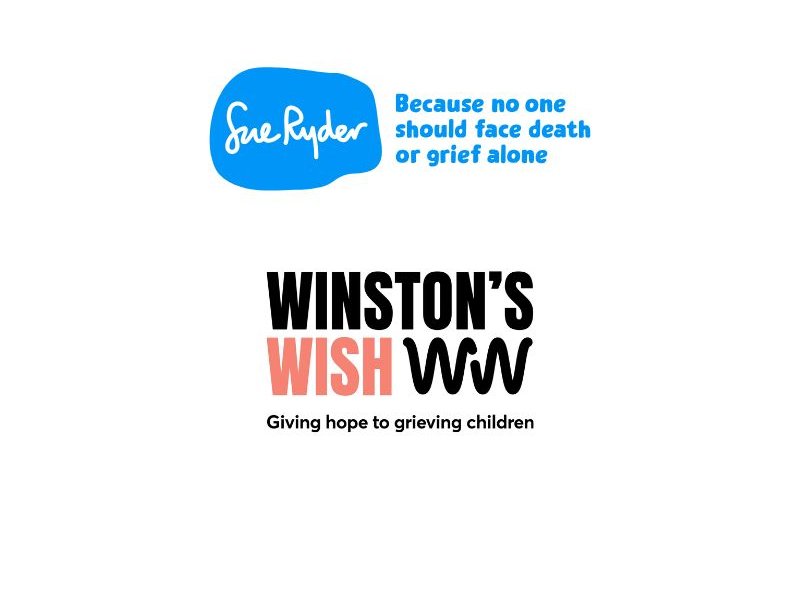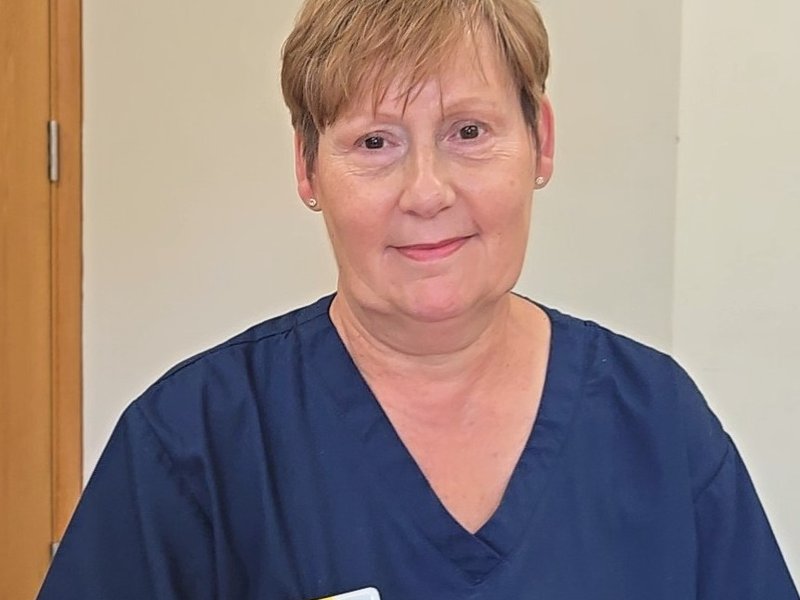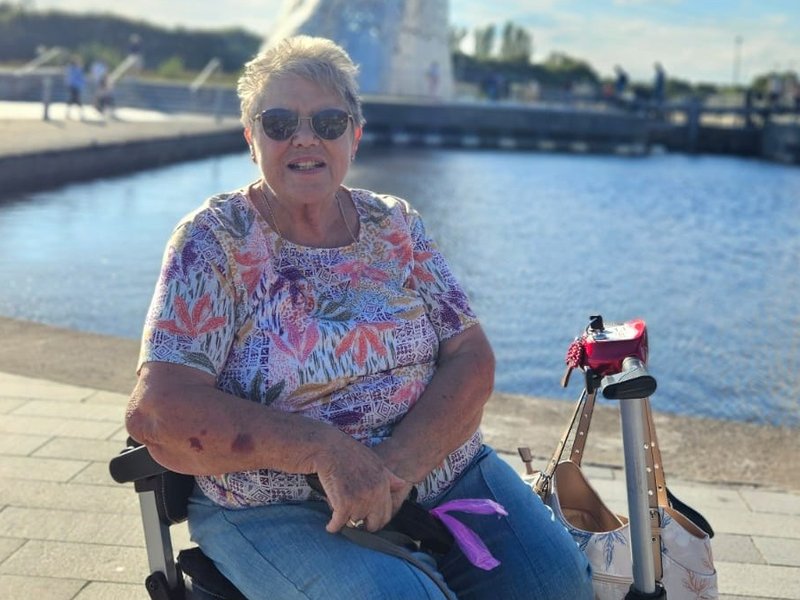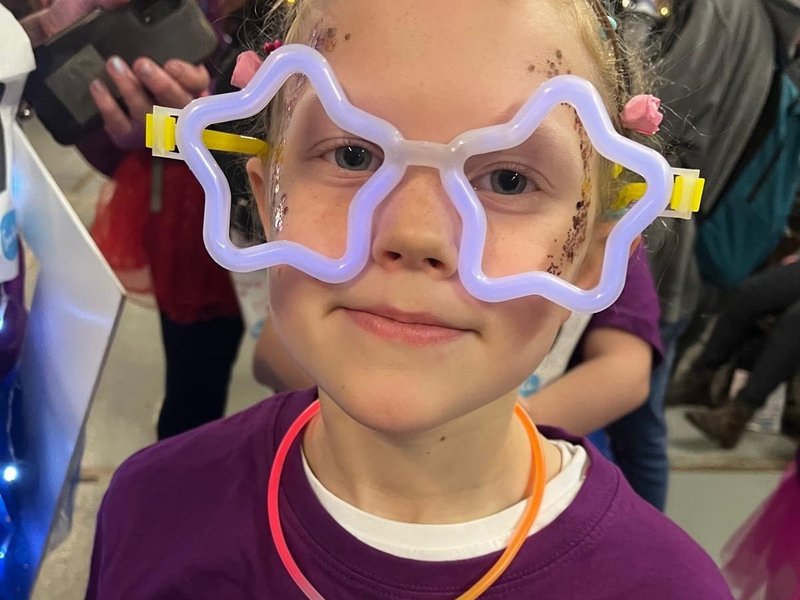
News and blog
All of the latest news and blogs from Sue Ryder, where you'll find healthcare, fundraising, policy and volunteering stories from across the charity.
For journalist or media enquiries, please contact our press office.
Showing 206 news articles

Sue
Ryder
and
Winston’s
Wish
announce
bereavement
support
partnership
Two of the UK’s leading national bereavement charities will become official partners and ensure that people, whatever their age, can receive true grief support when their lives are turned upside down by death and dying.
Grief and bereavement
21 Oct 2025

Finding
comfort
and
connection
through
grief:
Celebrating
10
years
of
our
Online
Community
In 2025, we mark a powerful milestone - a decade of connection, comfort, and understanding through Sue Ryder’s Online Bereavement Community.
Grief and bereavement
16 Oct 2025

Sue
Ryder
to
expand
vital
palliative
and
end-of-life
care
in
Reading,
Wokingham,
Newbury
and
South
Oxfordshire
Sue Ryder has been awarded a major new NHS contract to grow our expert palliative and end-of-life care services across Reading, Wokingham, Newbury and South Oxfordshire.
End-of-life care
10 Oct 2025

Hospice
Care
Week:
Hazel's
story
This Hospice Care Week, Hazel, Clinical Team Leader at Sue Ryder Palliative Care Hub South Oxfordshire, is celebrating 27 years of providing palliative and end-of-life care.
Palliative care personal stories
10 Oct 2025

Hospice
Care
Week:
Rosemary's
story
Rosemary shines a light on our Community Day Services - a team dedicated to helping people with life - limiting conditions to live well every day.
Palliative care personal stories
07 Oct 2025

Walking
for
Grandad:
An
11-year-old’s
magical
night
at
Starlight
Hike
11-year-old Esther is proving that even the smallest steps can have an impact. For the third year running, she’ll join hundreds of walkers at the Sue Ryder Starlight Hike Worth Valley.
Palliative care personal stories
03 Oct 2025

Assisted
dying:
Your
questions
answered
Answering some of the key questions around assisted dying and what it could mean for terminally ill people
End-of-life care
25 Sep 2025

Reforming
end-of-life
care
-
how
do
we
support
people
to
die
well?
As the House of Lords enters the second debate on the Terminally Ill Adults (End of Life) Bill, Sue Ryder's Chief Executive, James Sanderson, shares thoughts on how dying people can be better supported, whether the bill passes or not.
End-of-life care
19 Sep 2025

Sue
Ryder
is
very
disappointed
with
the
CQC
report
into
Wheatfields
Hospice
Sue Ryder is very disappointed with the CQC report into Wheatfields hospice, which we believe is misleading and unnecessarily alarming.
28 Aug 2025

Sue
Ryder
comments
on
Royal
College
of
Physicians'
call
for
national
strategy
on
end-of-life
care
Sue Ryder's Chief Executive comments on today's news that the Royal College of Physicians are calling for a public campaign on end-of-life care and a national strategy on how such care for dying people can be delivered.
End-of-life care
07 Aug 2025
